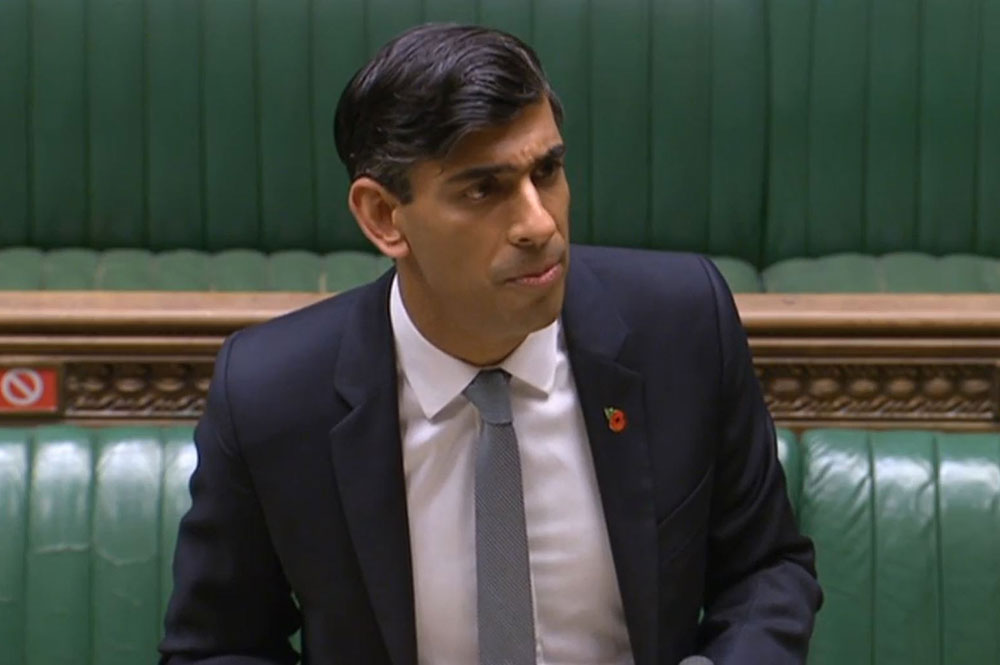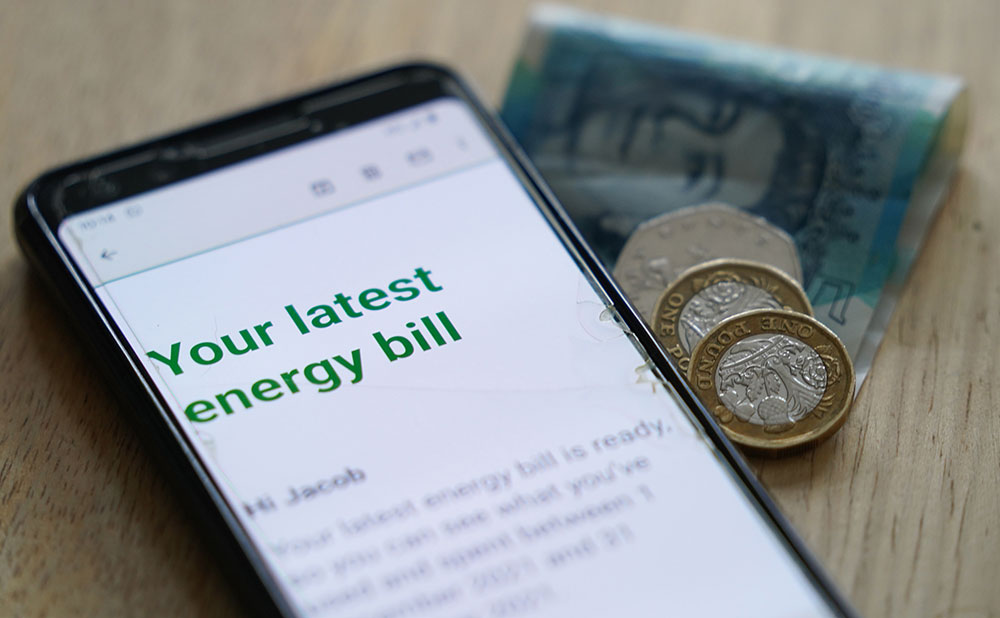Household energy bills will soar by £693 per year from the beginning of April, energy regulator Ofgem has confirmed.
The regulator was forced to hike the energy price cap to a record £1,971 for a typical household as gas prices soared to unprecedented highs.
The decision is likely to impact 22 million households across Great Britain, and applies to those who are on their energy supplier’s default tariff.
But Chancellor Rishi Sunak has promised to “take the sting out” of the price rises.
He promised that all 28 million households in Britain would get a £200 up-front rebate on their energy bills from October.
The Government will provide the cash for this, but it wants the money back so will hike bills by £40 per year over the next five years from 2023 to recoup its cash.
If all goes to plan, wholesale energy prices will drop so households can pay back what they owe without a major rise in bills.
Mr Sunak also promised a £150 council tax rebate for homes in bands A to D, something he said would cover around 80% of homes in England.
He also promised £144 million to councils to support vulnerable people.
“The price cap has meant that the impact of soaring gas prices has so far fallen predominantly on energy companies,” the Chancellor told MPs today (Thursday).

[tptn_list limit=3 daily=1 hour_range=1]
“So much so that some suppliers who couldn’t afford to meet those extra costs have gone out of business as a result.
“It is not sustainable to keep holding the price of energy artificially low.
“For me to stand here and pretend we don’t have to adjust to paying higher prices would be wrong and dishonest.
“But what we can do is take the sting out of a significant price shock for millions of families by making sure that the increase in prices is smaller initially and spread over a longer period.”
Meanwhile, inflation is set to hit an eye-watering 7.25% in April, according to new Bank of England forecasts released on Thursday.
The prediction would mean that disposable incomes would fall by around 2%, according to Bank estimates, the worst impact since records began in 1990.
The Bank hiked its base interest rate from 0.25% to 0.5%, a move it hopes will take some pressure off households.
